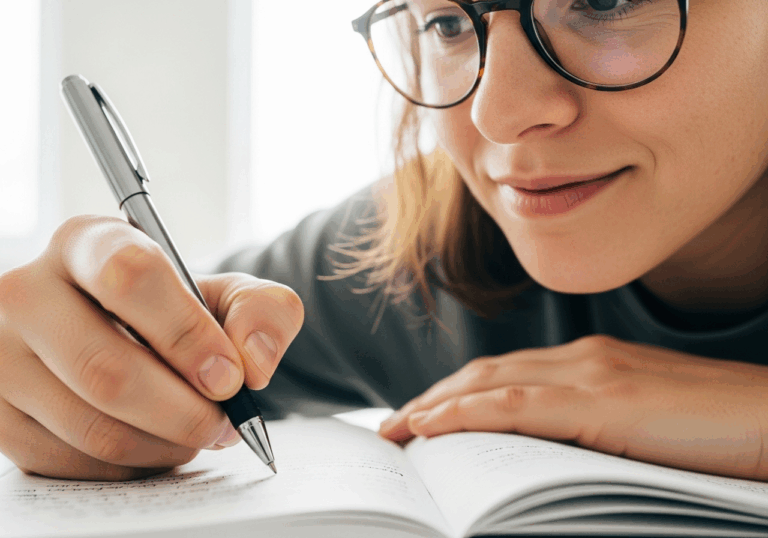Science-Backed Tips
Boost Your Mood with Creative Decision-Making
Enhance emotional control by 17% using creative strategies.
📊 Did you know?
💡 Why It Matters
1️⃣
Improving mood regulation can lead to better academic performance and lower stress levels.
2️⃣
Enhanced emotional control may reduce anxiety and improve overall mental health.
3️⃣
Creative decision-making fosters resilience, helping students adapt to challenging situations.
✅ Try These Micro-Tips
🎯
Practice creative brainstorming sessions for 30 minutes weekly.
🎯
Engage in daily reflective journaling for 10 minutes to enhance decision-making skills.
🎯
Incorporate art or music into your routine to stimulate creative thinking.
🎯
Join a group or workshop focused on creative problem-solving techniques.
📚 The study
This flexibility in thinking not only serves as a buffer against stress-induced mood drops but also plays a crucial role in enhancing overall mental health.
By fostering resilience through creative problem-solving, students are better equipped to navigate the pressures of academic life. The implications of this research are significant; improving mood regulation can lead to better academic performance and lower stress levels.
As students learn to harness their creativity in decision-making, they cultivate a sense of confidence that empowers them to face challenges head-on.
Ultimately, the study underscores the importance of developing emotional control and resilience, which are essential skills for thriving in both academic settings and beyond.
By embracing creative strategies, students can transform their approach to stress and enhance their overall well-being, paving the way for a more successful and fulfilling educational experience.
❓ Frequently Asked Questions ❓
Learn more
How does creative decision-making improve mood regulation?
Creative decision-making enhances mood regulation by providing individuals with flexible thinking strategies. This flexibility helps to mitigate stress-induced mood drops, leading to a 17% improvement in emotional control.
What is the link between mood regulation and academic performance?
Improving mood regulation can lead to better academic performance by reducing stress levels. When students manage their emotions effectively, they are more likely to focus and perform well in their studies.
How can students practice creative decision-making?
Students can practice creative decision-making by engaging in brainstorming sessions for 30 minutes each week. Additionally, incorporating art or music into their routine can stimulate creative thinking.
What role does emotional control play in mental health?
Enhanced emotional control is crucial for reducing anxiety and improving overall mental health. When individuals can manage their emotions effectively, they are better equipped to handle life’s challenges.
How does flexibility in thinking protect against stress?
Flexibility in thinking allows individuals to adapt their responses to stressful situations, which can prevent mood drops. This adaptability is essential for maintaining emotional stability during challenging times.
What are some cognitive strategies for coping with stress?
Cognitive strategies for coping with stress include reflective journaling for 10 minutes daily and joining workshops focused on creative problem-solving. These practices help enhance decision-making skills and emotional resilience.
Why is resilience important for university students?
Resilience is important for university students as it helps them adapt to challenging situations and overcome obstacles. Developing resilience through creative decision-making strategies can significantly improve their overall well-being.
How can creative brainstorming sessions benefit students?
Creative brainstorming sessions can benefit students by enhancing their ability to think outside the box and develop innovative solutions. This practice not only improves decision-making skills but also boosts mood regulation.
What is the significance of self-report measures in this study?
Self-report measures are significant in this study as they provide insights into students’ perceptions of their decision-making and stress levels. This subjective data helps to understand the impact of creative strategies on emotional control.
How often should students engage in creative activities to see benefits?
Students should engage in creative activities, such as brainstorming or artistic pursuits, regularly to see benefits. Consistent practice, like weekly sessions or daily journaling, can lead to significant improvements in mood regulation.





